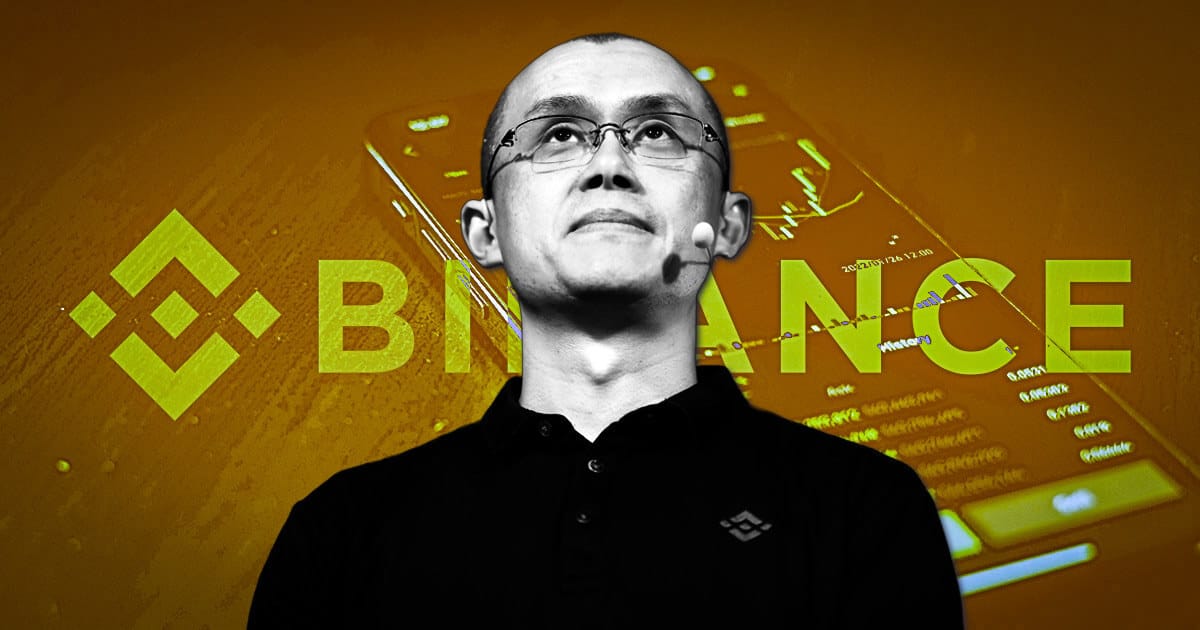Trump Grants Pardon to Binance Founder Changpeng Zhao (CZ)

BREAKING: In a move that has sent waves through the crypto world, President Donald Trump has issued a pardon for Changpeng Zhao (CZ), the founder of Binance, according to sources familiar with the decision. The Wall Street Journal first reported the development on Thursday, drawing from insights provided by individuals close to the process. This action comes after extended efforts by Zhao and his team to seek relief from his prior conviction.
Zhao's legal troubles stemmed from a guilty plea in November 2023, where he admitted to shortcomings in Binance's anti-money laundering measures under the Bank Secrecy Act. Federal courts handed down a four-month prison sentence in April 2024, a term he completed with release in September of that year. The pardon, signed by Trump on Wednesday, lifts these burdens and clears a path for Zhao to resume activities in the digital asset sector.
Stay In The Loop and Never Miss Important Crypto News
Sign up and be the first to know when we publishBehind the Scenes of a Strategic Alliance
The path to this pardon involved a sustained campaign by Zhao and Binance leadership, spanning nearly a year of targeted outreach. Key figures within the company met repeatedly with Trump's inner circle, emphasizing shared goals around fostering innovation in blockchain technology. These interactions highlighted Binance's potential as a partner in advancing policies that encourage growth without excessive regulatory hurdles.
At the heart of Zhao's approach lay significant financial commitments to Trump-linked initiatives. He directed a $250 million investment into World Liberty Financial, a decentralized finance platform that emerged in 2024 with strong backing from the Trump family. This stake not only provided capital but also signaled a deep alignment with the administration's push to position the United States as a leader in crypto development.
Public support played another crucial role, as Zhao voiced endorsements during Trump's successful 2024 re-election bid. His statements praised the candidate's vision for a lighter touch on digital currencies, framing it as essential for American competitiveness. These gestures, combined with contributions totaling more than $10 million to campaign efforts, built bridges that eased the pardon process.
Observers note that the decision unfolded with unusual discretion, avoiding the standard fanfare associated with prominent clemencies. No announcements appeared on the White House site or in the Federal Register as of Thursday, leaving the public to learn through media channels. This quiet handling reflects a preference for efficiency in matters tied to economic priorities, particularly those involving emerging technologies.
For Zhao, the pardon carries immediate practical benefits, reinstating his full civil rights and nullifying the conviction's lasting effects. He can now engage directly in industry ventures without the shadow of legal barriers, a development welcomed by supporters who view him as a pivotal architect of global crypto infrastructure. Binance, under new leadership since Zhao's departure, stands to gain from his potential return, potentially strengthening its operations amid ongoing market shifts.
The broader context underscores a shifting landscape for cryptocurrency regulation under Trump's second term. Early signals from the administration point to streamlined oversight, aiming to attract investment while safeguarding against illicit activities. Zhao's case exemplifies how personal advocacy can intersect with policy goals, creating outcomes that benefit both individuals and the sector at large.
Industry analysts suggest this pardon could encourage other figures facing similar challenges to explore reconciliation with regulators. It arrives at a moment when Bitcoin and other assets are experiencing renewed interest, driven by institutional adoption and technological advancements. As details emerge, the crypto community watches closely for signs of how this precedent might shape future enforcement.
Zhao has yet to comment publicly on the pardon, but sources indicate he plans to focus on advisory roles and innovation projects in the near term. His release from legal constraints opens doors to collaborations that could accelerate developments in decentralized finance and blockchain applications. For Binance, the news reinforces its status as a resilient force, even after navigating significant hurdles.

